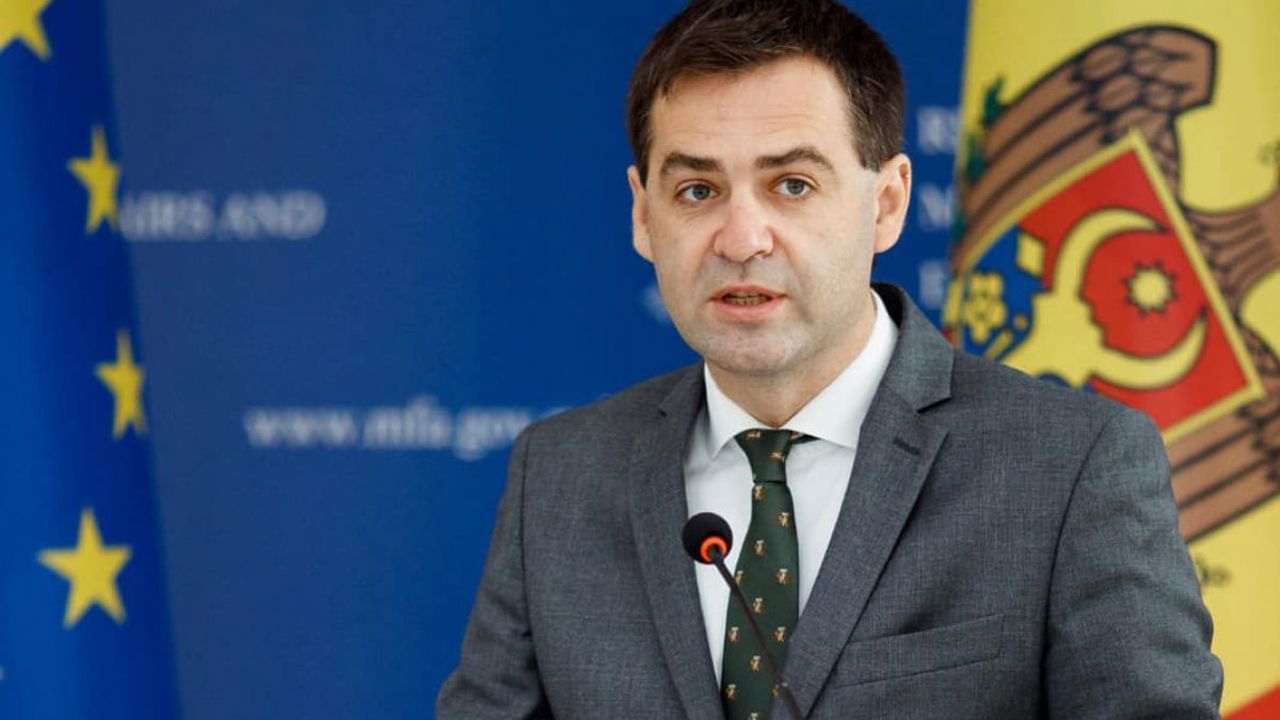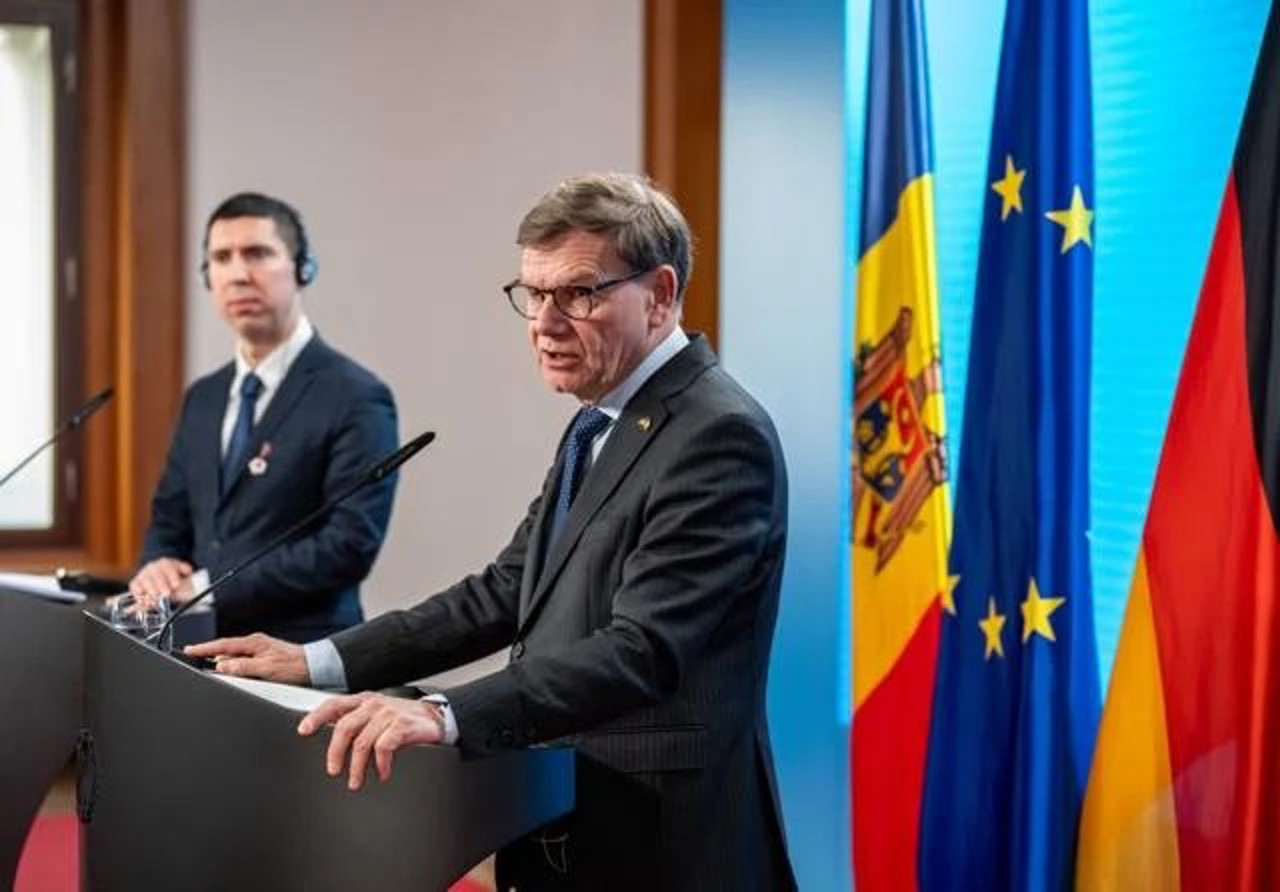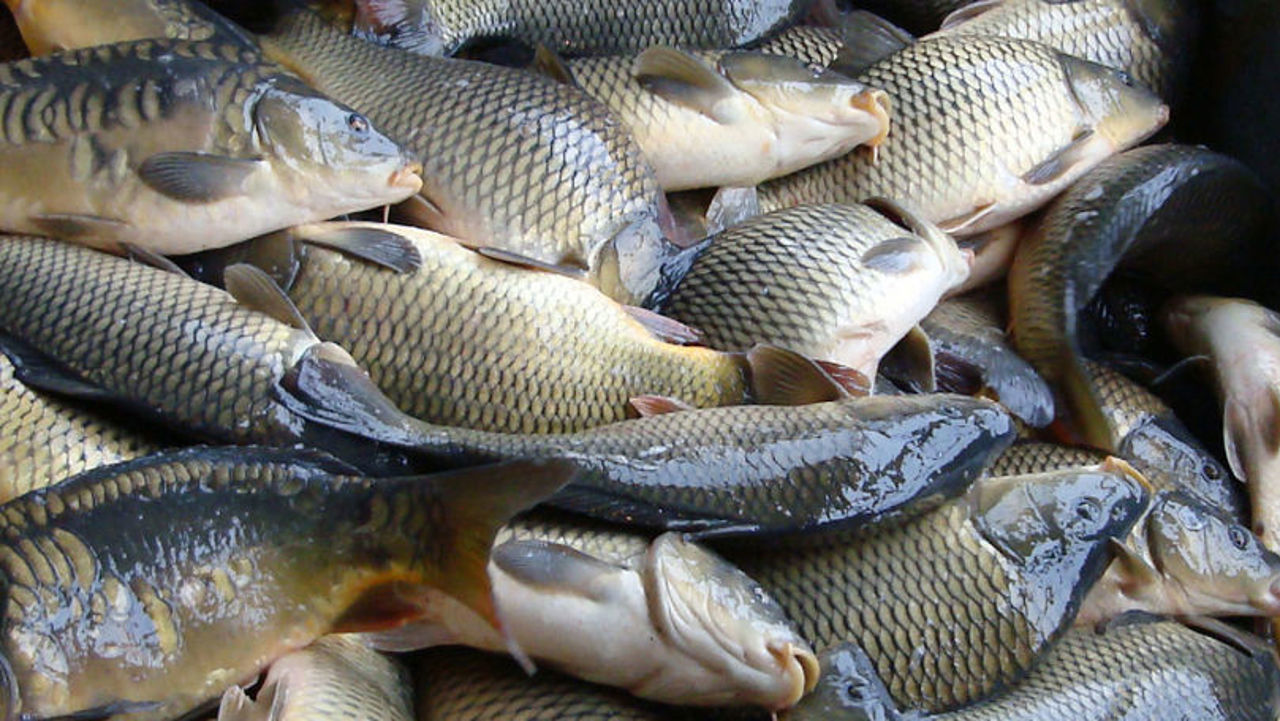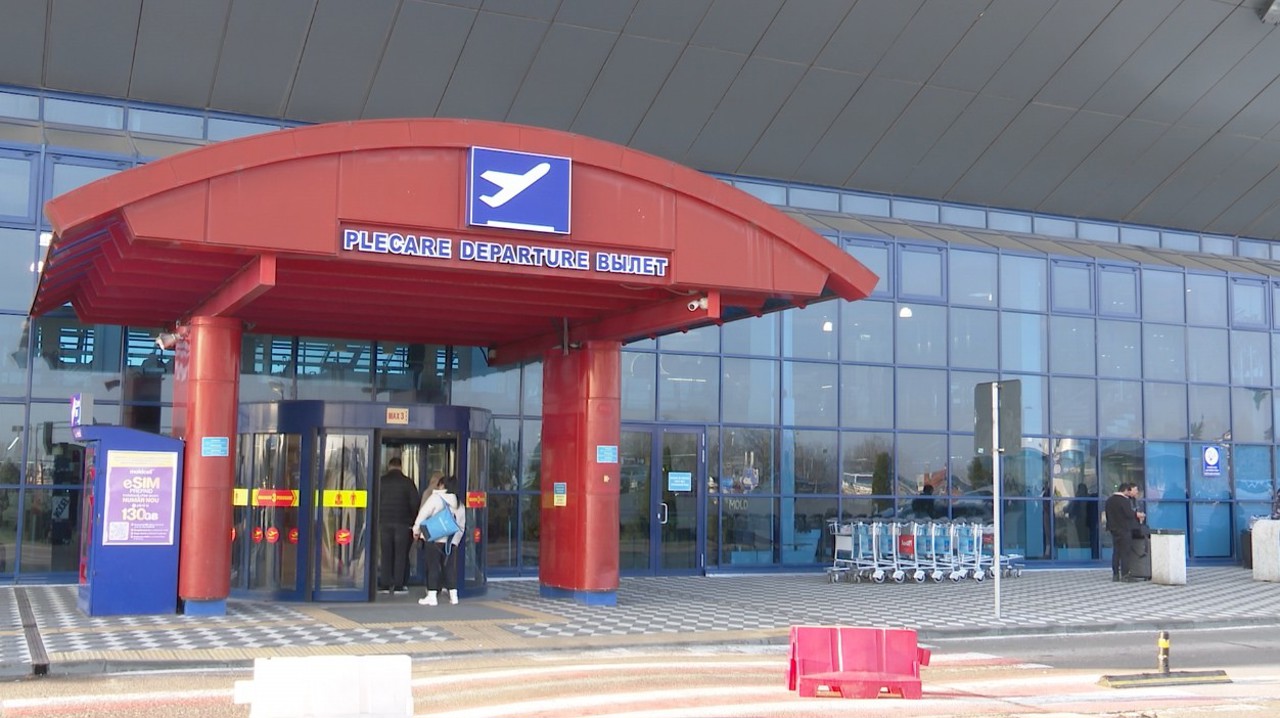Former Foreign Minister Nicu Popescu, after the EU started accession negotiations: "There is a lot of work in all areas"
The Republic of Moldova is to align its national legislation with the European one in 35 areas, and this will take time, claims former Foreign Minister Nicu Popescu in the context of the official launch of accession negotiations. In the same vein, MEP Eugen Tomac expressed his commitment to supporting the progress of the Republic of Moldova in the relationship with the member countries. The experts' opinions were expressed in a special edition of the "In context" show.

Former Foreign Minister Nicu Popescu emphasized that the full implementation of European legislation in all relevant fields is a crucial aspect during the accession of the Republic of Moldova to the European Union. This process involves 35 chapters of European legislation, and the objective is to align Moldovan standards with European ones.
Popescu also mentioned that there will be extended transition periods, which means that it is not mandatory to make all adjustments by the time of accession and that some measures can be implemented after accession, provided that progress continues until implementation of full European legislation.
"But, really, there is a lot of work in all areas for the Republic of Moldova to implement the Community acquis and so, the negotiation process involves discussions on transition periods, the support that our partners can offer us in this process of adjusting our country to the European rigors", said former Foreign Minister Nicu Popescu.
MEP Eugen Tomac, for his part, hopes for a continuous progress in the relationship with the Republic of Moldova, regardless of the changes in the management of the European Commission. Tomac also announced that he is committed to supporting initiatives to attract European investments to our country to boost the economy. The politician also referred to the European guarantees for foreign investors who want to invest in the Republic of Moldova.
"The commission will be extremely attentive and our role will be to insist on all levels, so that the Republic of Moldova is connected as quickly as possible to all the instruments it has for the member states. And here I am referring to funding programs for pre-accession, as well as access to all the facilities that the European Union offers to its citizens. I will be a supporter on this dimension, namely to make available to the European Commission a package of European guarantees for companies that want to invest in the Republic of Moldova", said MEP Eugen Tomac.
In the context in which Hungary is to take over the presidency of the Council of the European Union, journalist Dan Alexe mentioned that Budapest could marginalize the subject of enlargement, thanks to a right of veto. Alexe pointed that the rotating presidency does not entail strong powers, but is more of an administrative responsibility, which is why the Hungarian government will be limited in influencing European Union policies. However, Budapest could use its veto. For example, Hungary is now freezing 1.5 billion euros, money generated by the frozen assets of the Russian central bank, which should be transferred to Ukraine. "Hungary would have the power anyway to marginalize the subject of Union enlargement. This is what a specific right of veto can be circumvented in a way that anachronistically happened recently in February, when Viktor Orban went to the toilet and voted in his absence, which is why Ukraine received an additional 50 billion euros," said journalist Dan Alexe.
And the columnist Nicolae Negru believes that the initiation of accession negotiations to the community bloc is not only an achievement for our country, but also an impulse for the member states. Negru was convinced that the Russian Federation will continue to put obstacles in our country's European path, including through the pro-Russian parties in Chisinau.
"Russia of course opposes it. And by the way, this change of the communists is also related to the change of Russia, because Russia used to say that it does not care "you can join the European Union", but when the first signs appeared that the integration process is moving, then Russia suddenly showed itself: it invaded Ukraine, applied embargoes, closed the market", said Nicolae Negru, columnist.
We remind you that on June 25, in Luxembourg, the first intergovernmental conference was held, during which the accession negotiations of the Republic of Moldova and Ukraine to the European Union were officially started.




